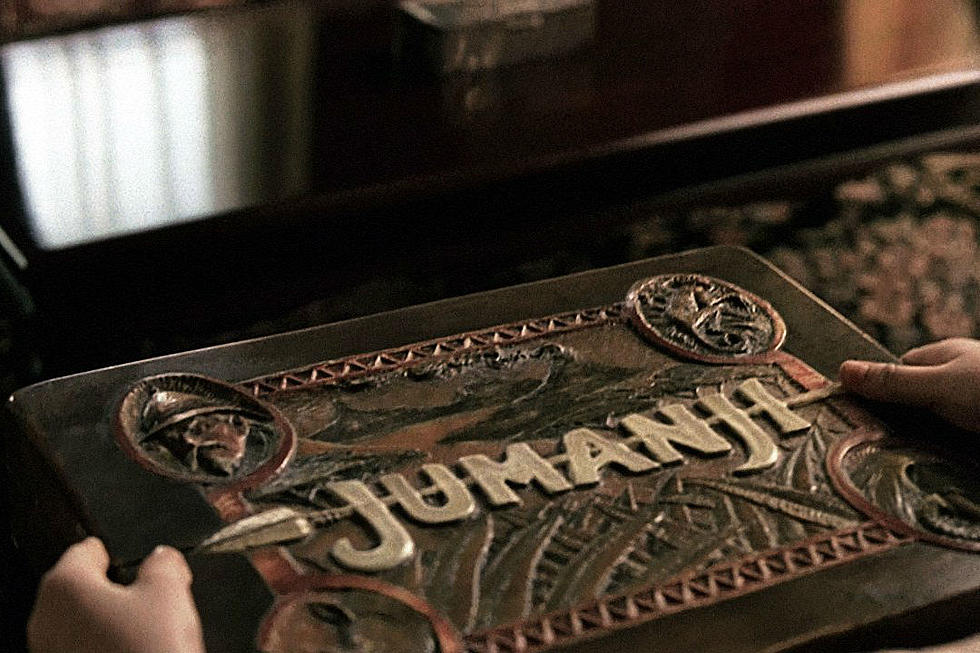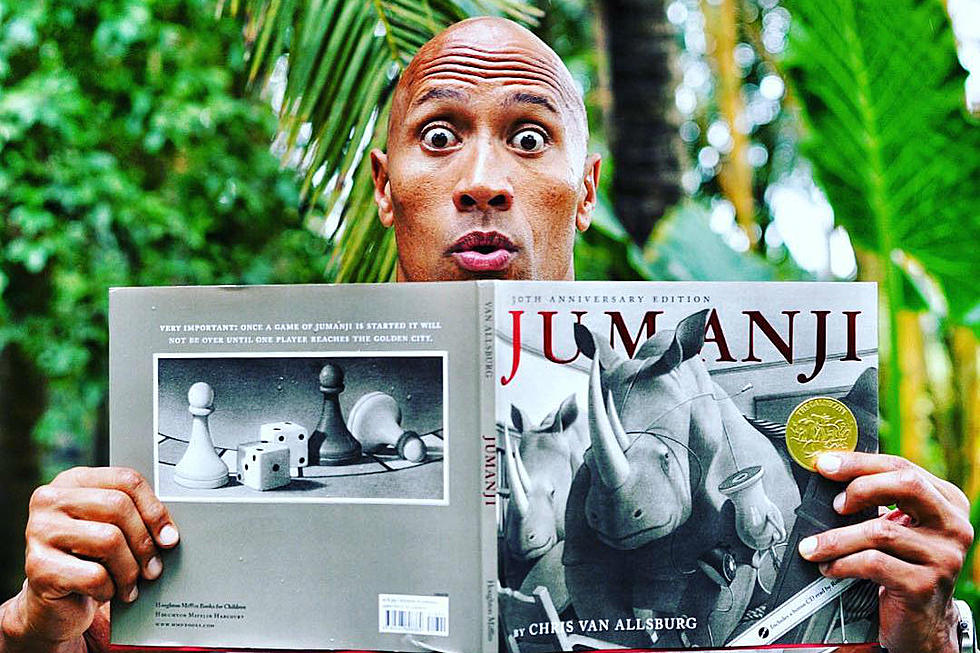
The Tears Of A Clown…And The Loss Of A Hero. The Tragic Death of Robin Williams.
A little known fact about Seth Coburn. At one point in my youth, through complete misguidance, I thought I would give stand-up comedy a try. Fueled by a frenzied, manic, completely hilarious set of complete improv I saw performed at the legendary Ice House in Pasadena, CA, I thought I'd give it a shot. After all, how hard could it be? That guy just made it look effortless.
After few open mic nights and one night where I was the first one on stage to an almost empty house in Riverside, CA, I realized while I might be humorous, I was no Robin Williams. What he made look so easy was indeed very hard work. It took timing, dedication and a lot of preparation to do so much "off the cuff." I didn't have that in me, let alone the energy he gave the audience each and every night.
But, like the legendary Clown Pagliacci, there were tears behind Robin Williams' stage presence. Because comedy, like all great art, is about connection...the connection between cultures and races, family and friends, or even between one's outer and inner selves. Comedy allows us to see, and laugh at our disconnect and discrepancies, our failures and follies, so that we can see ourselves and one another as human. Robin Williams’ work did that as well as anyone's...better than most. But it never led us to see the Robin Williams that battled his entire life.
Much like his hero, the legendary comedian Jonathan Winters, Williams battled bi-polar disorder, depression and substance abuse his entire life. His most recent visit to rehab in June of this year was a "tune-up" in Williams' own words. In comedy, its a double edge sword; the disorders that fuel comedic genius and frantic, sometimes maniacal performances, also empower a darkness experienced when the performer is away from the bright lights. It gives volume to the inner voices that scream so loudly, so much, that the only way to silence them is through a path of drugs and alcohol. A path of self destruction. Breakdowns. Rehab. An ever repeating downward spiral.
In a legendary performance at The Metropolitan Opera House in New York City in 1986, Williams does a short bit on the future, and how it may end. Through the whole thing, Williams is in all his glory, frantic, silly and hilarious. Then suddenly, without warning, he begins talking about his son.
“Sometimes,” he says, “my son looks at me and gives me that look in the eyes like ‘Well? What’s it gonna be?’” Williams continued, “Hey, Zach, it’s um.., I dunno. But maybe along the way, you take my hand and we’ll tell few jokes and have some fun.”
Depression seems to have stolen from Robin Williams the kind of vision and connection that he created for his fans. May you or I never lose that sense. May we always take the hand of some great love in our lives, the way he asked his son to take his, with not only a little assurance of what the future holds, but an invitation to face it together. May we be able to see in others, or ourselves, the demons Robin fought every day. May we be able to find the help, the peace in our lives that obviously escaped this comic genius in his.
Please don't remember the clown by his exit, stage left. Remember the legendary performances. Remember the times he made you laugh, the times he made you cry. Remember the times...he made it look effortless. Rest in peace fair prince, may your soul finally find happiness and forgiveness.
More From KLAW-FM









